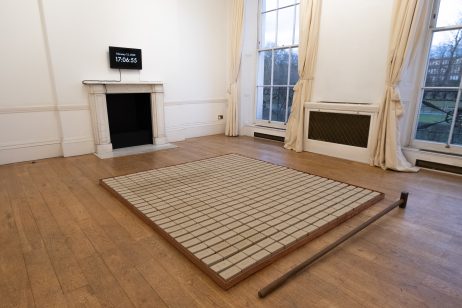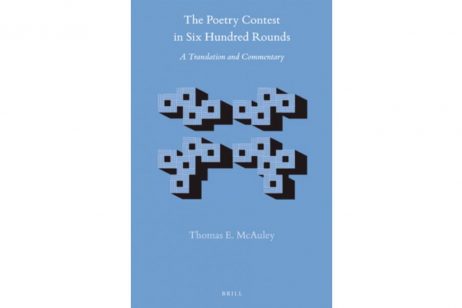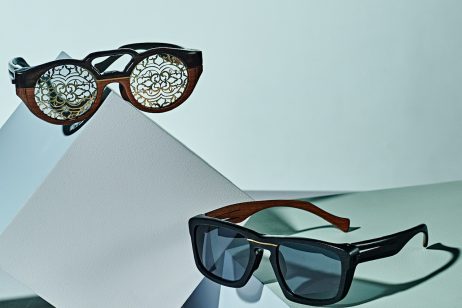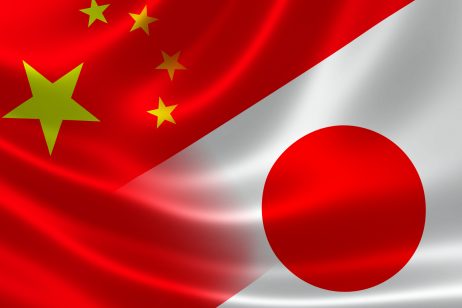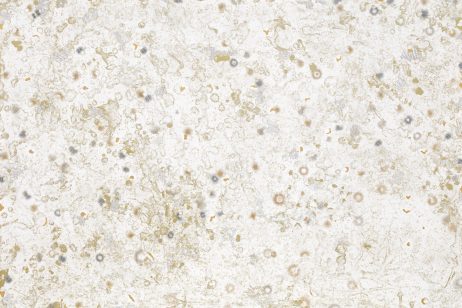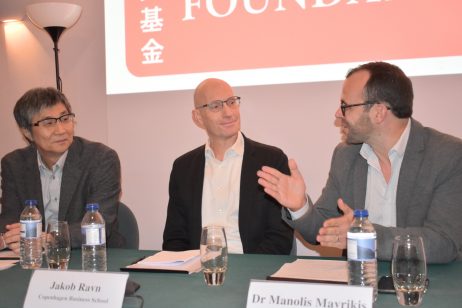3 March 2020
Guided Exhibition Tour with the Artist: Hochoul Lee’s Fragments of Information
The artist Hochoul Lee led a guided tour of his exhibition, Fragments of Information. This was an excellent chance to view the exhibition with the artist himself providing an explanation and commentary on the works on show, and to get an insight into the contemporary Japanese art world and creative process through Lee’s own experiences.
More info